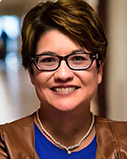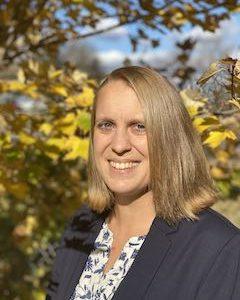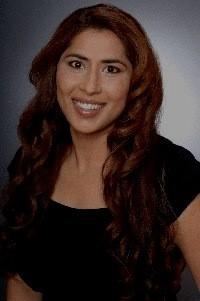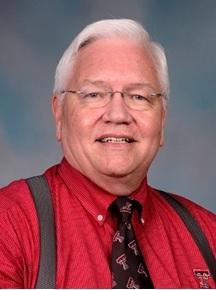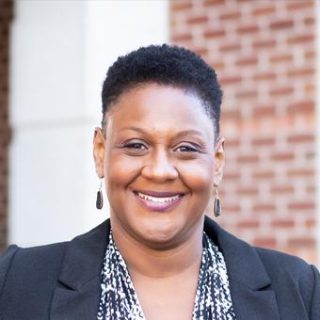IDEAS
International collaboration powers teachers’ STEM learning
By Linda Rost, Melissa Olson, Shazia Iqbal, Robyn Embry and Walter Smith
Categories: Collaboration, International perspectives, Teacher leadershipFebruary 2022
Read the remaining content with membership access. Join or log in below to continue.
Sed ut perspiciatis unde omnis iste natus error sit voluptatem accusantium doloremque laudantium, totam rem aperiam, eaque ipsa quae ab illo inventore veritatis et quasi architecto beatae vitae dicta sunt explicabo. Nemo enim ipsam voluptatem quia voluptas sit aspernatur aut odit aut fugit, sed quia consequuntur magni dolores eos qui ratione voluptatem sequi nesciunt. Neque porro quisquam est, qui dolorem ipsum quia dolor sit amet, consectetur, adipisci velit, sed quia non numquam eius modi tempora incidunt ut labore et dolore magnam aliquam quaerat voluptatem.
References
Bretz, S.L. (2001). Novak’s theory of education: Human constructivism and meaningful learning. Journal of Chemical Education, 78, 1107.
Gourd, T.Y. (2015). Toward a theory for understanding teacher agency: Grounded theory with inclusion co-teachers[Doctoral dissertation, University of Washington]. Researchworks Archive. digital.lib.washington.edu/researchworks/handle/1773/33794
Rose, K.L. (2020). Taking control: Self-directed professional development and teacher agency. Teacher Learning and Professional Development, 5(1), 62-78.
United Nations Educational, Scientific, and Cultural Organization (UNESCO). (2017). Education for Sustainable Development Goals Learning Objectives. UNESCO.
Categories: Collaboration, International perspectives, Teacher leadership
Recent Issues
LEARNING DESIGNS
February 2025
How we learn influences what we learn. This issue shares essential...
BUILDING BRIDGES
December 2024
Students benefit when educators bridge the continuum of professional...
CURRICULUM-BASED PROFESSIONAL LEARNING
October 2024
High-quality curriculum requires skilled educators to put it into...
LEARNING TO PIVOT
August 2024
Sometimes new information and situations call for major change. This issue...



